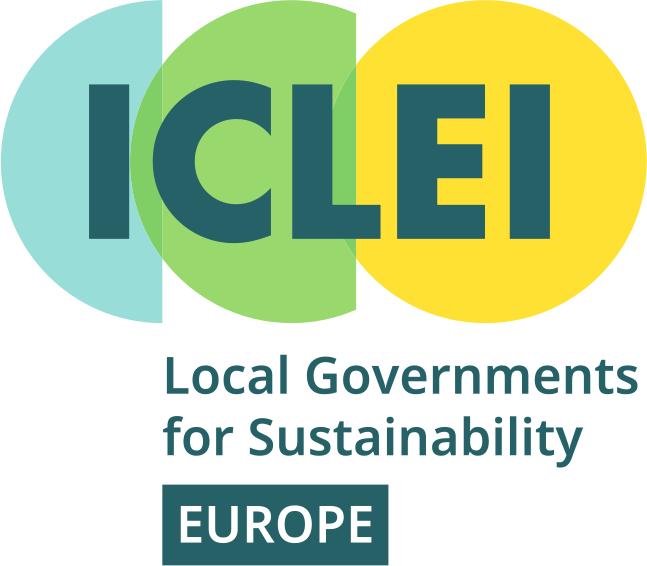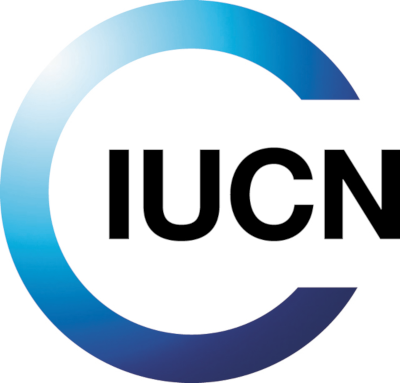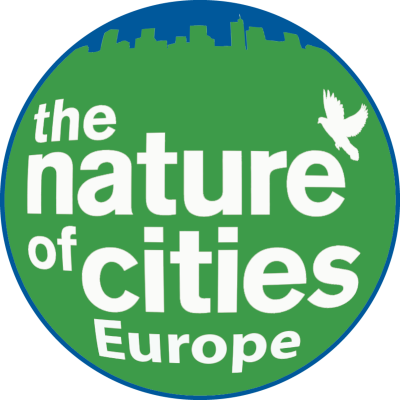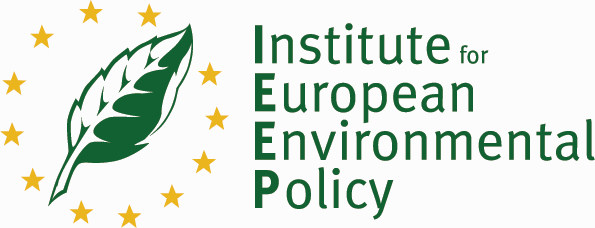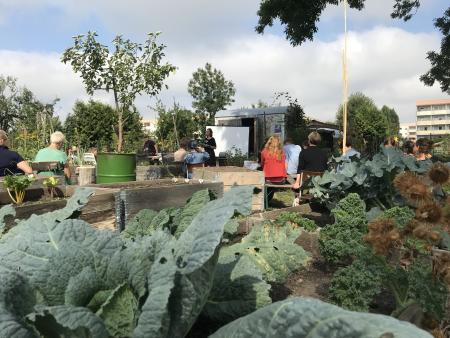
Area characterisation:
The space is located in an area undergoing rapid and intense development. 1.500 new apartments are being built in this area and the neighbouring historical Hellersdorf estate is also under development - the historic garden is being regenerated, while the rest is being converted into a commercial area with shops and restaurants.
Objective:
Explore how to best maintain existing areas of edible urban greenery - and integrate new ones - into the area, as well as how these green spaces can be used to connect the existing neighbours with the new ones by providing spaces for community gardening, togetherness and knowledge exchange.
Actions:
Integrate edible landscaping into the ongoing development of the area in Berlin Hellersdorf. Working together with a landscape architect and the housing company developing both the new apartment buildings and the historical estate area, the local Edible Cities Network City Team has succeeded in pushing for ancient fruit tree varieties to be planted in the historical Hellersdorf estate area. A pruning course has also been carried out together with the gardeners that are active in the community garden.
Contacts:
edicitnet-coordinator@eurtd.com
Global goals:
-
3. Good Health and well being
-
5. Gender Equality
-
9. Industry, innovation and infrastructure
-
10. Reduced inequalities
-
11. Sustainable cities and communities
-
13. Climate action
NBS goals:
- Enhancing sustainable urbanization
- Restoring ecosystems and their functions
- Developing climate change mitigation
- Developing climate change adaptation
- Nature-based solutions for improving well-being in urban areas
- Nature-based solutions and the insurance value of ecosystems
NBS benefits:
- Developing climate change adaptation; improving risk management and resilience
- Developing climate change mitigation
- More energy efficient buildings
- Restoring ecosystems and their functions
- Greater ecological connectivity across urban regenerated sites
- Improve connectivity and functionality of green and blue infrastructures
- Increase achievements of biodiversity targets
- Increase Biodiversity
- Increase quality and quantity of green and blue infrastructures
- Increased cultural richness and biodiversity
- Enhancing sustainable urbanisation
- Changing image of the urban environment
- Creation of green jobs relating to construction & maintenance of NBS
- Improve air quality
- Increase accessibility to green open spaces
- Increase amount of green open spaces for residents
- Increase communities’ sense of ownership
- Increase population & infrastructures protected by NBS
- Increase social interaction
- Increase stakeholder awareness & knowledge about NBS
- Increase well-being
- Provision of health benefits
- Social inclusion

